Perthshire doctor Claire Taylor is often described as the GP people come to when no one else can help.
The 44-year-old long Covid specialist gets around 300 emails from people every week, desperate for her care.
She opened Scotland’s first private long Covid clinic two and a half years ago.
And for some people – who report feeling “abandoned” in the face of the condition – treatment from the Perthshire GP has been life-changing.
GP gave couple ‘son back’
One mum of a young patient with “debilitating fatigue and cognitive disfunction” wrote in a testimonial.
“We were at our wits end in trying to find someone to help us.”
The woman’s son was sleeping 20 hours a day, wiped out by the disease.
“Then we found Dr Taylor who has given me my son back.
“Her medical knowledge and her clear compassion meant for the first time in three years we had hope.
“Without Dr Taylor, my son would still be bed bound. Now we are planning for him to attend college.”
Dr Taylor’s work with long Covid patients has led to a second nomination for the ‘GP of the Year’ accolade at this year’s General Practice Awards in London next month.
I visited Dr Taylor’s family home in Crieff to learn more about her work with long Covid patients.
“[This nomination] is more for the patients who feel ignored and that there was no-one to help them,” she tells me.
“I’m not curing everybody, I am just doing the best I can to help people.”
What is Dr Taylor’s background?
Dr Taylor is a former neuroscientist with a BSc Neuroscience (Hons) from the University of Edinburgh.
She worked in cancer research for a year before undertaking a degree in medicine at Dundee University.
After graduating in 2008, Dr Taylor went on to work in various specialties before completing her GP training in 2017. She started working as an NHS Tayside GP in Perthshire in 2021 while also working with a ME charity.
“I was seeing a lot of similarities between ME and long Covid and one of the main things I was seeing was post-exertional symptoms,” she explains.
She says her patients were managing to work or exercise a little.
“But the next day they would end up in bed exhausted.
“They were also struggling to remember words, having migraines, blurred vision and difficulty walking.”
What is Postural Tachycardia Syndrome (PoTS).
Many of them were also suffering from a condition called Postural tachycardia syndrome (PoTS).
This is when your heart rate increases very quickly after getting up from sitting or lying down, often making you feel dizzy or lightheaded.
She tells me a “lot of patients are bed bound” due to this.
“They become very light headed and find their blood pressure drops when they try to stand up.”
She says “nearly everyone” she sees in her clinic with long Covid has the condition.
“There are treatments available which can get them back on their feet.
“And this is probably the biggest thing which makes a difference to their lives.
“Yet people cannot access them because there isn’t a single PoTS clinic in Scotland.”
Why did the Perthshire GP set up a private clinic?
Dr Taylor says she thought more specialist care could help and established Scotland’s first private long Covid clinic in Tayside in 2022.
“What they needed was for a doctor to know what it was, diagnose and treat it.
“Often GPs don’t know much about PoTs and they can’t make a referral because no-one will take it.
“But I thought I can’t leave people like this when I am in a position to help them.”
Every Thursday she sees patients face to face for hour-long consultations at Jura Health clinic in Perth. She also does video consultations while continuing to do locum work.
“Within a week of setting it up, I was booked up with appointments for the next six months – and it has been like that ever since.
Dr Taylor estimates she has seen around 2000 people and is now receiving around 300 messages a week looking for care.
‘Some people are completely bed bound lying in dark rooms’
Dr Taylor’s patients do tend to improve, but there are those who are still really unwell with long Covid, including 20 very ill patients.
“There are some very sick people who are completely bed bound with feeding tubes in dark rooms,” she says.
“They need help to eat because they are too fatigued to chew or have lost the ability to chew.”
Why are people still getting long Covid?
The Perthshire GP says it isn’t just people who caught Covid in 2020 who go on to develop long Covid.
She continues to see new cases in her clinic.
“The evidence I have seen suggests the more times you get Covid, the higher the chance there is of you getting long Covid,” she explains.
“According to the Office for National Statistics, the number of adults in the UK with long Covid was estimated to be around 2 million in 2022.
“But in 2024, there was a rise of 300,000, with long Covid.
“The messaging once was that if you have the vaccine you can just go off and live a normal life.
“But while vaccines will prevent severe infection and death, they don’t always prevent infection.
“What can then happen is after having Covid a few times, people can go on to develop long Covid symptoms.”
“Covid is still a massive problem.”
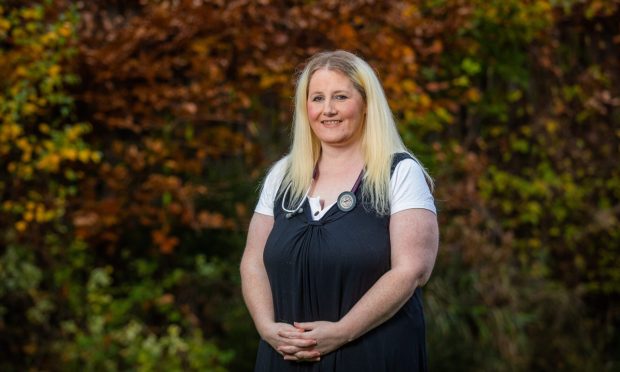
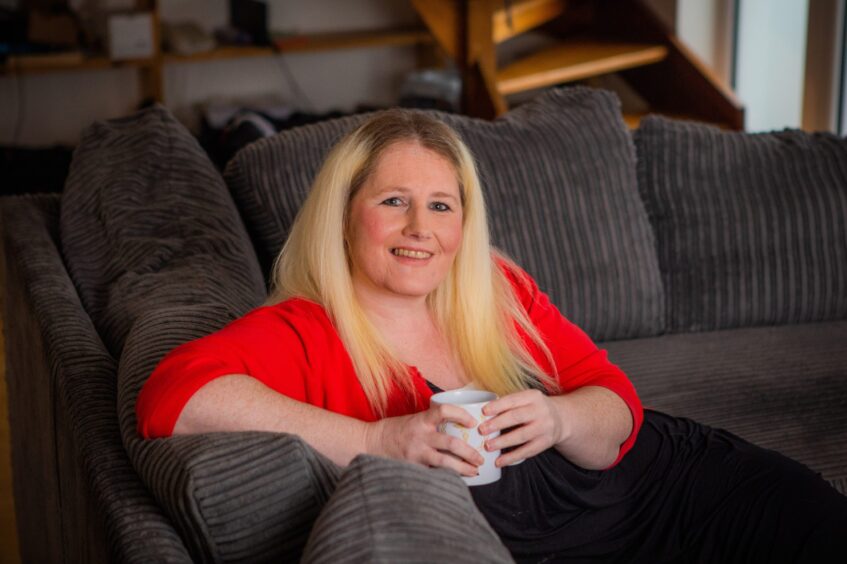
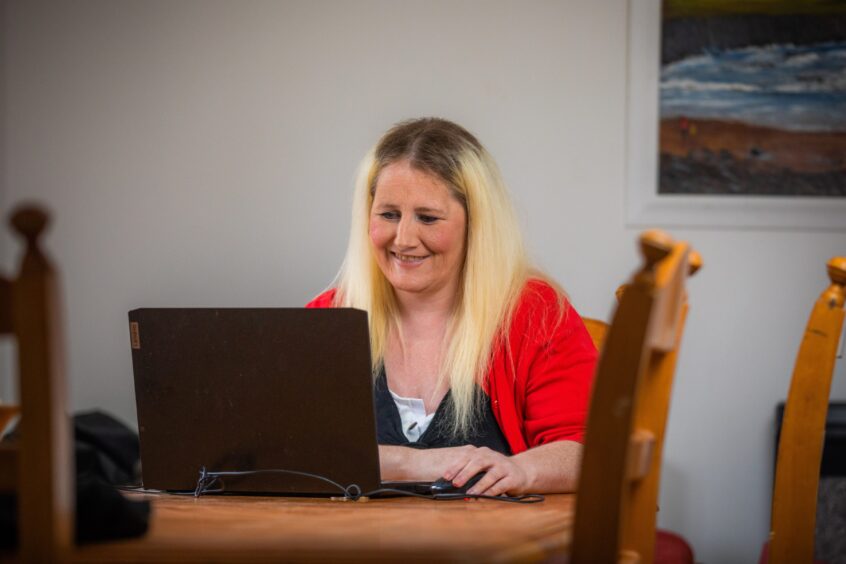
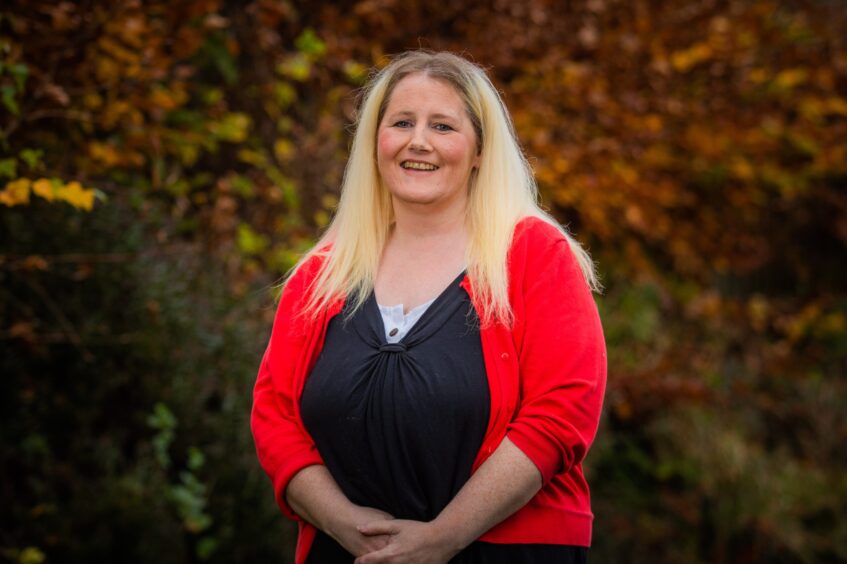
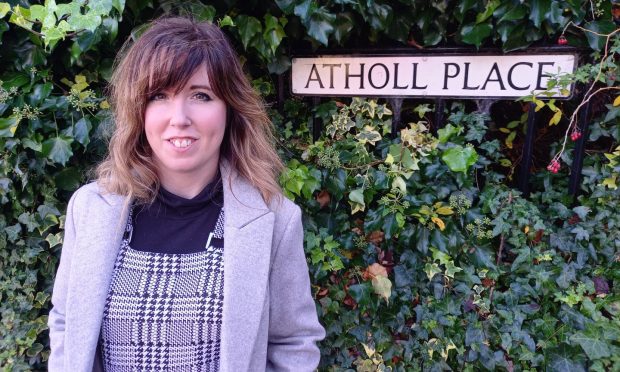
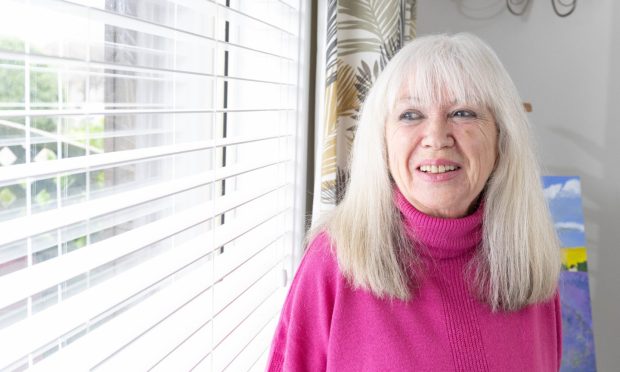
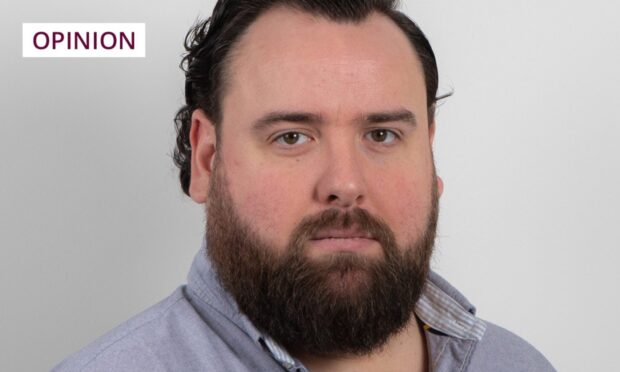
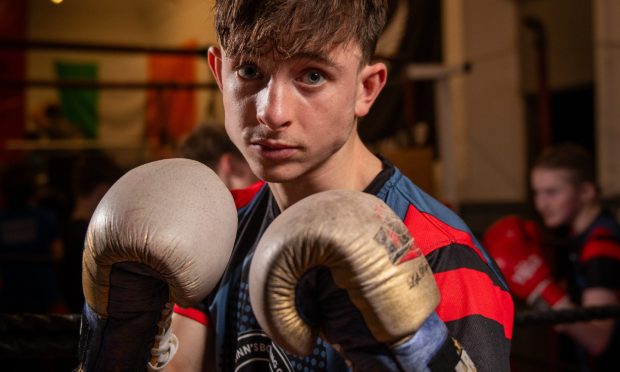
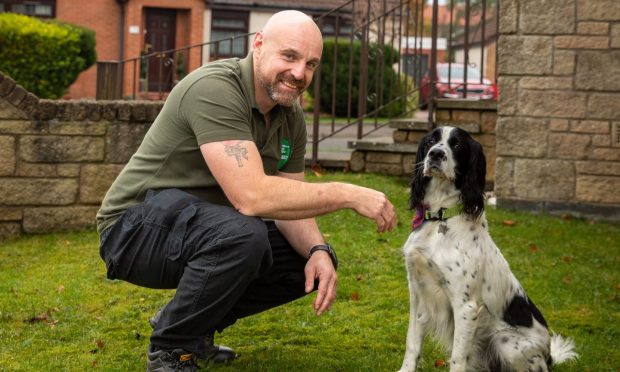
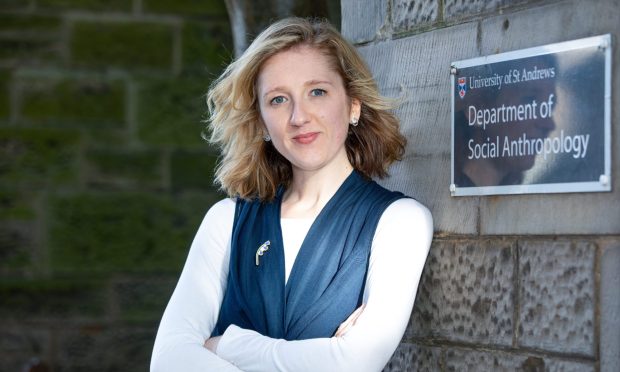
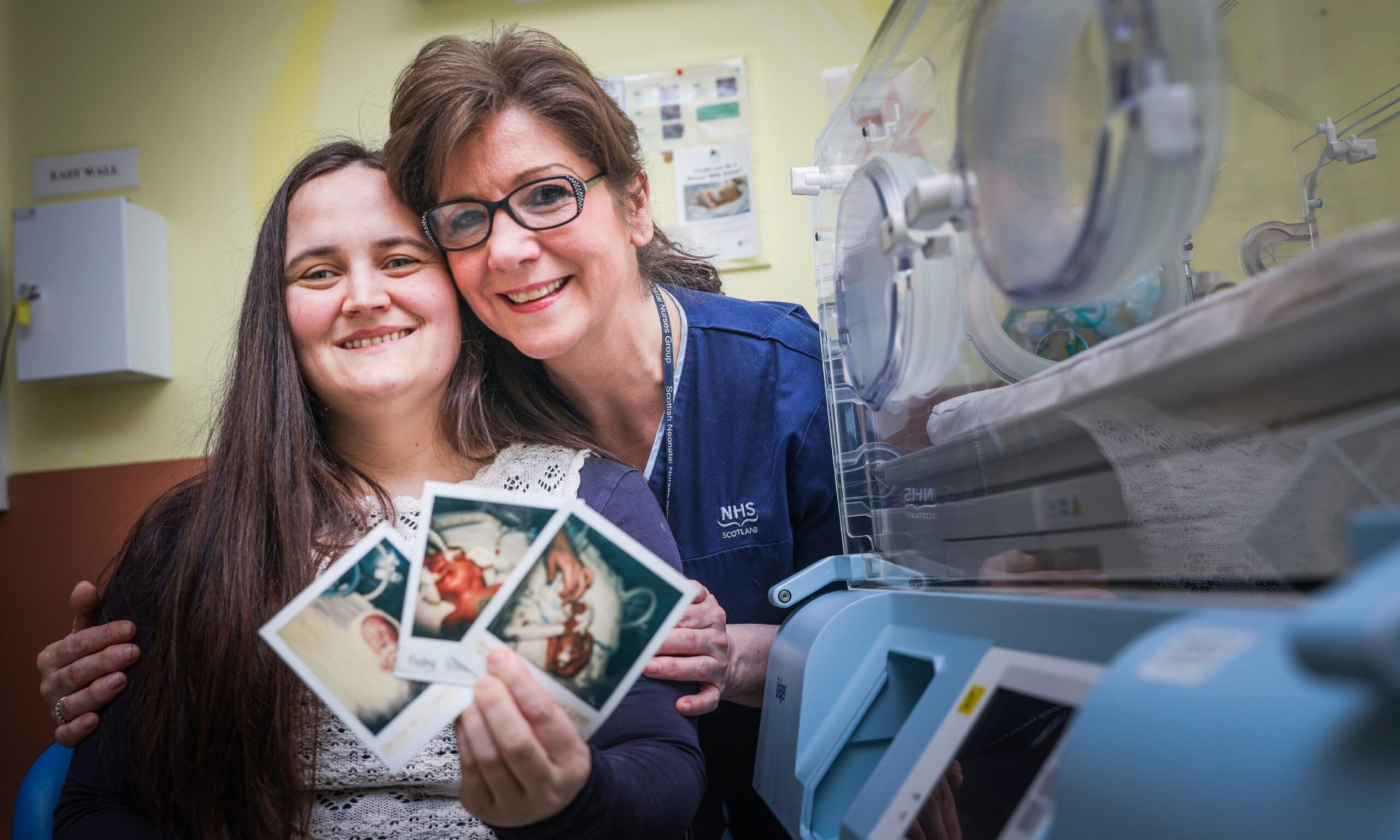
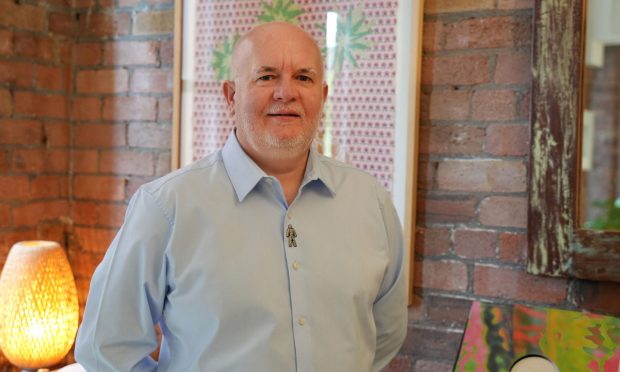

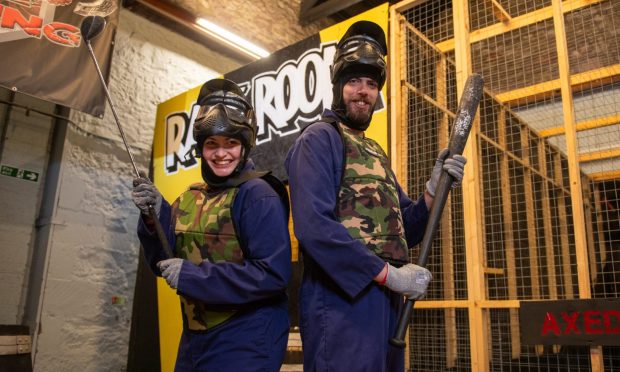
Conversation